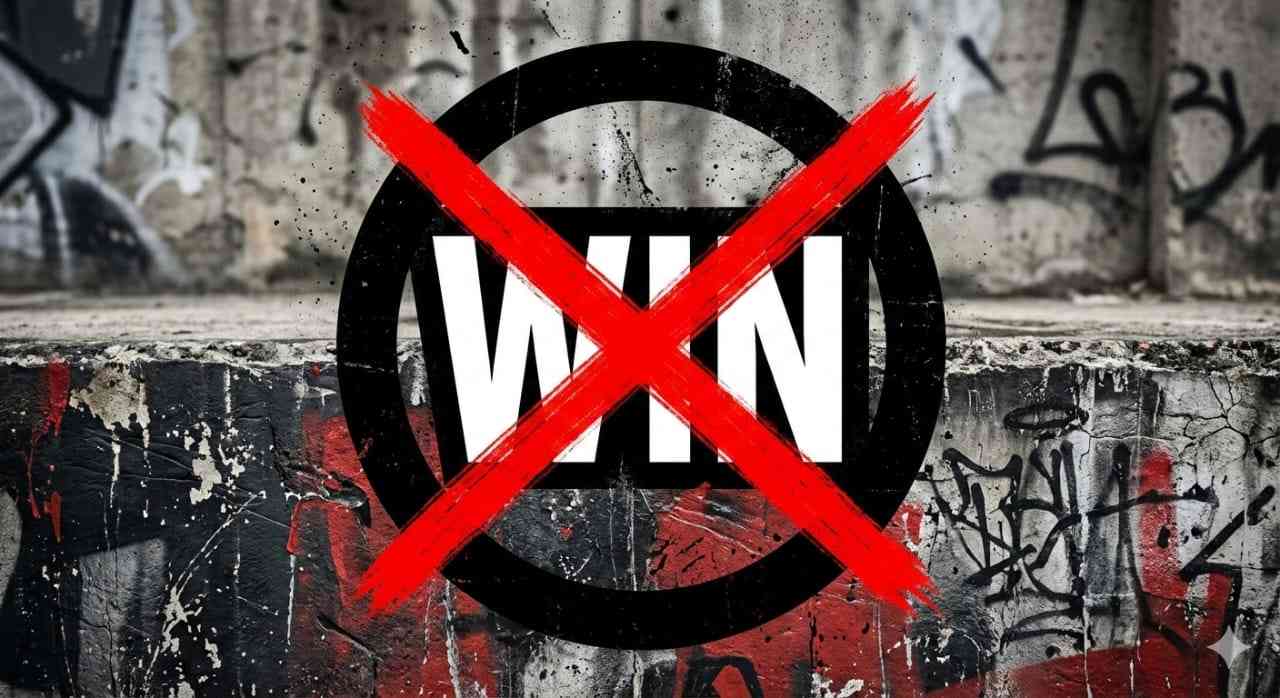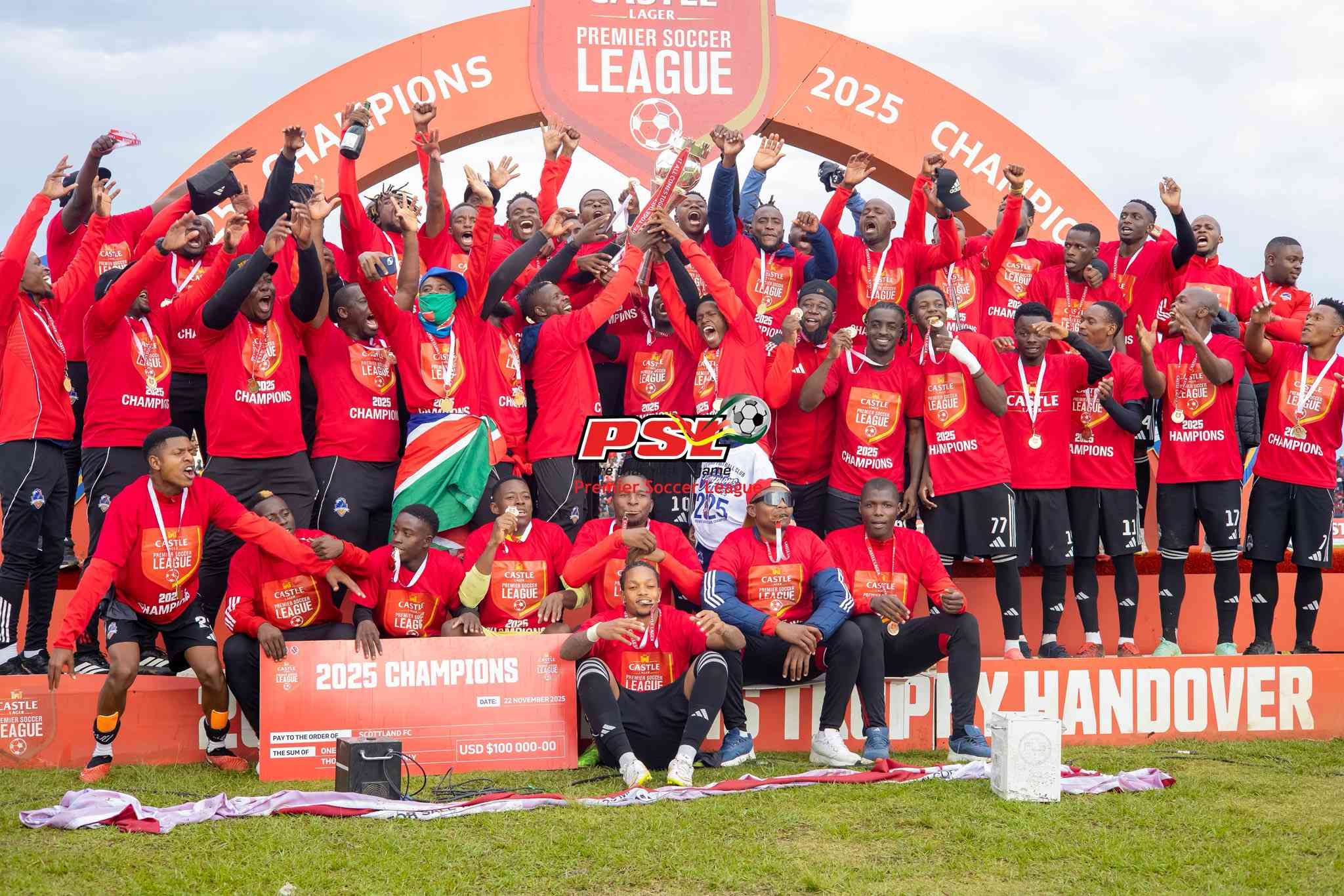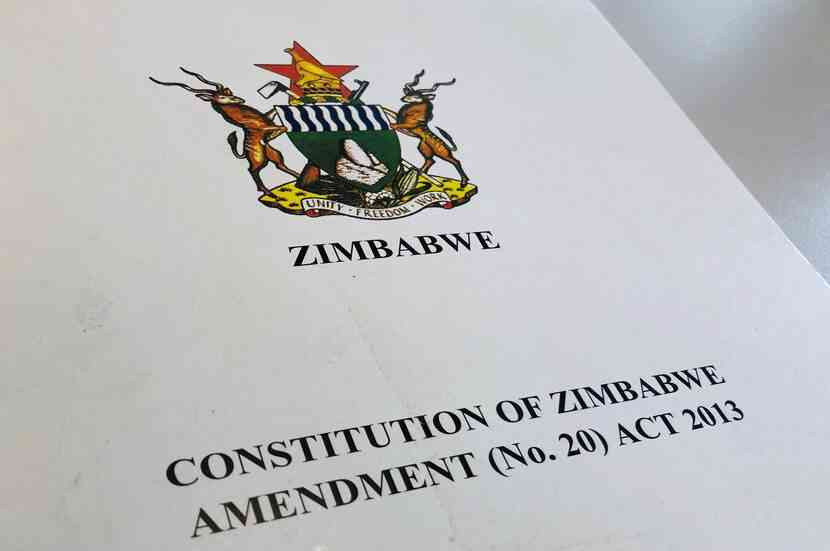
On a cold afternoon in January 2021, Malawian writer and development practitioner Stanley Onjezani Kenani sat staring at a blank computer screen, struggling to stitch together the words for his next short story.
Try as he might, inspiration refused to come. He paced back and forth in the quiet of his apartment, hoping to summon his muse. But it stayed stubbornly out of reach.
Then a Facebook notification broke the silence. It was a desperate plea from a friend gasping for breath at Kamuzu Central Hospital in Lilongwe.
There was oxygen in the ward, alright, but not a single flowmeter to connect it.
“Anyone who can urgently help out there, please, please help,” the post read.
That message, raw and urgent, would ignite one of Malawi’s most inspiring acts of citizen-driven philanthropy during the Covid-19 pandemic.
Kenani was 11 000km away in Ferney-Voltaire, France. But distance didn’t dull his instinct to act.
Together with Thandie Hara, Victor Mithi and Masankho Mbizi, they formed the Covid Response Private Citizens (CRPC), a group of Malawians at home and abroad determined to fill the deadly gaps in the health system.
What began as a Facebook appeal to “run into the fire and save what we can” turned into a nationwide relief effort that raised over MK200 million (about US$250,000) in just six weeks.
Thousands of ordinary citizens including teachers, businesspeople, civil servants, market vendors, farmers and those living the diaspora) contributed to the initiative.
Even a group of primary school pupils in Lilongwe donated MK8 500 (US$11) to help buy oxygen equipment.
"I believed we would be fortunate to gather K10 million (US$13 000), purchase a few cylinders, and then vanish from sight,” Kenani recalled.
“By the time we went to bed on January 19, we had received a cumulative total of K33 million (US$43 000). In four days, that was unprecedented.”
The CRPC’s success rested on the principle of transparency. Every kwacha raised was publicly accounted for.
The team opened temporary bank accounts jointly managed by the four founders, and daily updates on spending were posted on Facebook.
Receipts, delivery photos and beneficiary hospitals were shared in real time.
While government agencies were struggling with corruption scandals, including reports that over 79% of official Covid-19 funds had gone to allowances, citizens found solace in a model that was swift, decentralised and trustworthy.
By late February 2021, the CRPC had procured over 100 oxygen cylinders, 45 concentrators, 300 pulse oximeters, diagnostic kits and essential drugs such as enoxaparin.
The initiative equipped all four major referral hospitals (Kamuzu, Queen Elizabeth, Mzuzu and Zomba Central) as well as 28 district hospitals and some mission hospitals across Malawi.
Their reach extended beyond emergency care. With an additional MK10 million US$13 000) donation from Airtel Malawi, the CRPC drilled a solar-powered borehole at Chiradzulu District Hospital, ending years of water rationing.
They also bought a generator for Dowa District Hospital, repaired another in Rumphi and fitted tyres for an ambulance in Neno.











